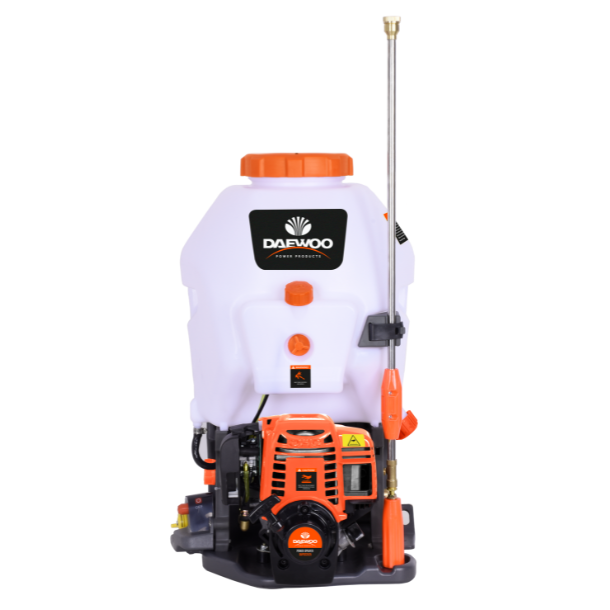Environmental Consequence in Agriculture Spray Machines.
Environmental Consequence in Agriculture Spray Machines.
Blog Article
Agriculture spray machines, also known as sprayers, play a crucial role in modern farming by enabling the efficient application of pesticides, herbicides, and fertilizers. These machines have significantly increased agricultural productivity and helped control pests and diseases. However, their widespread use has raised environmental concerns. Understanding the environmental impact of agriculture spray machines is needed for developing sustainable farming practices Place order.

1. Chemical Drift and Non-Target Species
One of many primary environmental concerns connected with agriculture spray machines is chemical drift. Drift occurs when spray droplets are carried away from the mark area by wind, landing on non-target plants, soil, water bodies, and even human habitations.
This unintentional dispersal of chemicals might have several detrimental effects:
Harm to Non-Target Plants: Non-target crops, wild plants, and beneficial vegetation can suffer with unintended chemical exposure, ultimately causing reduced biodiversity.
Affect Wildlife: Pesticides and herbicides can harm beneficial insects like bees and butterflies, which are crucial for pollination. Aquatic organisms may also be adversely affected when chemicals drift into water bodies.
Human Health Risks: People living near agricultural areas may be exposed to harmful chemicals through drift, potentially causing respiratory issues, skin irritations, and other health problems.
2. Soil Degradation
The excessive utilization of chemical inputs delivered through spray machines can result in soil degradation. With time, the accumulation of pesticides and herbicides in the soil can disrupt microbial communities, reduce soil fertility, and donate to soil erosion. Additionally, the heavy machinery utilized in spraying can compact the soil, further reducing its ability to aid healthy plant growth.
3. Water Contamination
Agriculture spray machines donate to water contamination through runoff and leaching. When it rains, chemicals placed on fields can wash into nearby streams, rivers, and groundwater. This contamination might have severe consequences:
Aquatic Ecosystems: Pesticides and herbicides could be toxic to fish, amphibians, and other aquatic life, ultimately causing declines in biodiversity and disruptions in aquatic food webs.
Drinking Water: Contaminated groundwater make a difference drinking tap water sources, posing health threats to humans and livestock.
4. Air Pollution
Spray machines can also donate to air pollution. The fine mist developed by sprayers can include volatile organic compounds (VOCs) from the chemicals being applied. These VOCs can react with other pollutants in the atmosphere to create ground-level ozone, a harmful air pollutant that will cause respiratory problems in humans and damage crops.
5. Resistance Development
The repeated utilization of chemical inputs through spray machines can result in the development of resistance in pests and weeds. This resistance necessitates the usage of higher doses or even more potent chemicals, perpetuating a cycle of increased chemical use and environmental harm.
Mitigation Strategies
To mitigate the environmental impact of agriculture spray machines, several strategies could be employed:
Precision Agriculture: Utilizing GPS and other technologies can increase the accuracy of chemical applications, reducing drift and runoff.
Integrated Pest Management (IPM): Combining chemical controls with biological and cultural practices can reduce reliance on pesticides and herbicides.
Buffer Zones: Establishing buffer zones of vegetation around fields will help capture chemical drift and runoff before they reach non-target areas.
Adoption of Eco-Friendly Chemicals: Using biodegradable and less toxic chemicals can minimize the undesireable effects on the environment.
Regular Equipment Maintenance: Ensuring that spray machines are well-maintained and calibrated can enhance application efficiency and reduce environmental impact.
Conclusion
While agriculture spray machines are indispensable for modern farming, their environmental impact can't be overlooked. Addressing the challenges posed by chemical drift, soil degradation, water contamination, air pollution, and resistance development requires a multifaceted approach. By adopting sustainable practices and advancing technology, it's possible to balance the requirement for agricultural productivity with environmental stewardship.